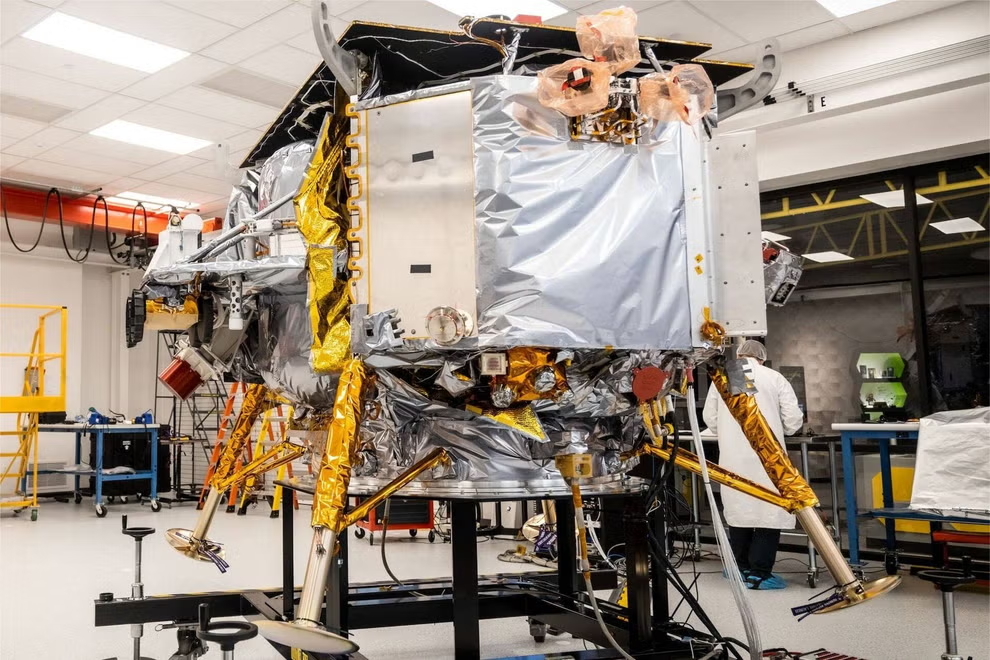What Space Activities Bill will mean for private players in space domain in India

- Reporter 02
- 24 Aug, 2022
Union Minister of State for Space Jitendra Singh said that the Space Activities Bill is under active consideration of the Central Government, and that the legislation will include aspects pertaining to regulation and promotion of private players in the space sector.
In a written reply to a question in the Rajya Sabha on Thursday, the minister said the government is in the process of creating an ecosystem to encourage more private participation in the indigenous production of space technologies, services and devices.
What is the purpose of the Space Activities Bill?
A need for national space legislation for supporting the overall growth of the space sector in India has been acutely felt of late.
The proposed Bill is to encourage enhanced participation of non-governmental/private sector agencies in space activities in India, in compliance with international treaty obligations, which is becoming very relevant today.
In the explanatory note on Draft Space Activities Bill, 2017, it has been said that India’s space activities are very unique towards delivering results through various successful accomplishments.
It was felt that introduction of a space-specific legal regime instead of the existing regulatory or restrictive regime, should only enable further growth of space activities in India.
This will facilitate private sector participation in space activities under authorisation and supervision by the government.
As per the draft Bill, the Central government will form a Space Activity Regulatory Mechanism to "develop a space activity plan with established goals, tasks and principles including the comprehensive development of space sector and ground segments of space infrastructure and technologies for commercial and economic needs of the country".
The draft also mandates the Central Government to "arrange to provide authorisation to launch or operate commercial space activity including corporate and other organisational structure either directly or through any agency in the manner as may be prescribed".
The Bill provides for the establishment of a regulatory mechanism through an appropriate body, by the Central Government for the purpose of authorization and licensing of space activities.
The provision on liability for damages caused by space activities of licensee, provides for a risk-sharing mechanism, by which the Central Government may determine the quantum of liability to be borne by the licensee.
What kinds of reforms space sector has seen over the years?
The Government of India has announced space sector reforms in June 2020.
The Indian National Space Promotion and Authorisation Centre (IN-SPACe) was created as an independent nodal agency under the Department of Space with the mandate of promoting, handholding, licensing, authorisation and monitoring of private space activities in India. These reforms have allowed access to Department of Space (DOS) facilities and expertise to private entities to support their space activities.
The Government of India is encouraging the transfer of technologies developed in the field of space to Indian industries besides bringing in new sector policies and guidelines and also revising existing policies.
IN-SPACe, which is under creation, will also have a Safety and Security Directorate to ensure the security of ISRO installations when allowing access to private entities.
What kind of legal cover space activities presently has in India?
The outer space activities are governed by treaties and principles evolved under UN Committee on Peaceful Uses of Outer Space (UNCOPUOS) internationally. The Committee on the Peaceful Uses of Outer Space (COPUOS) was set up by the UN General Assembly in 1959 to govern the exploration and use of space for the benefit of all humanity for peace, security and development.
India is also a party to the Outer Space Treaty, 1967.
As of now, the Constitution of India provides for the implementation of international treaty obligations under Articles 51 and 253.
The "space" as a subject is not mentioned in the Union List but Parliament retains residuary legislative power in respect of "any matter not enumerated" in any of the three lists.
At present, space activities are regulated by policies like Satellite Communication Policy, 2000, and Remote Sensing Data Policy, 2011.
Leave a Reply
Your email address will not be published. Required fields are marked *











